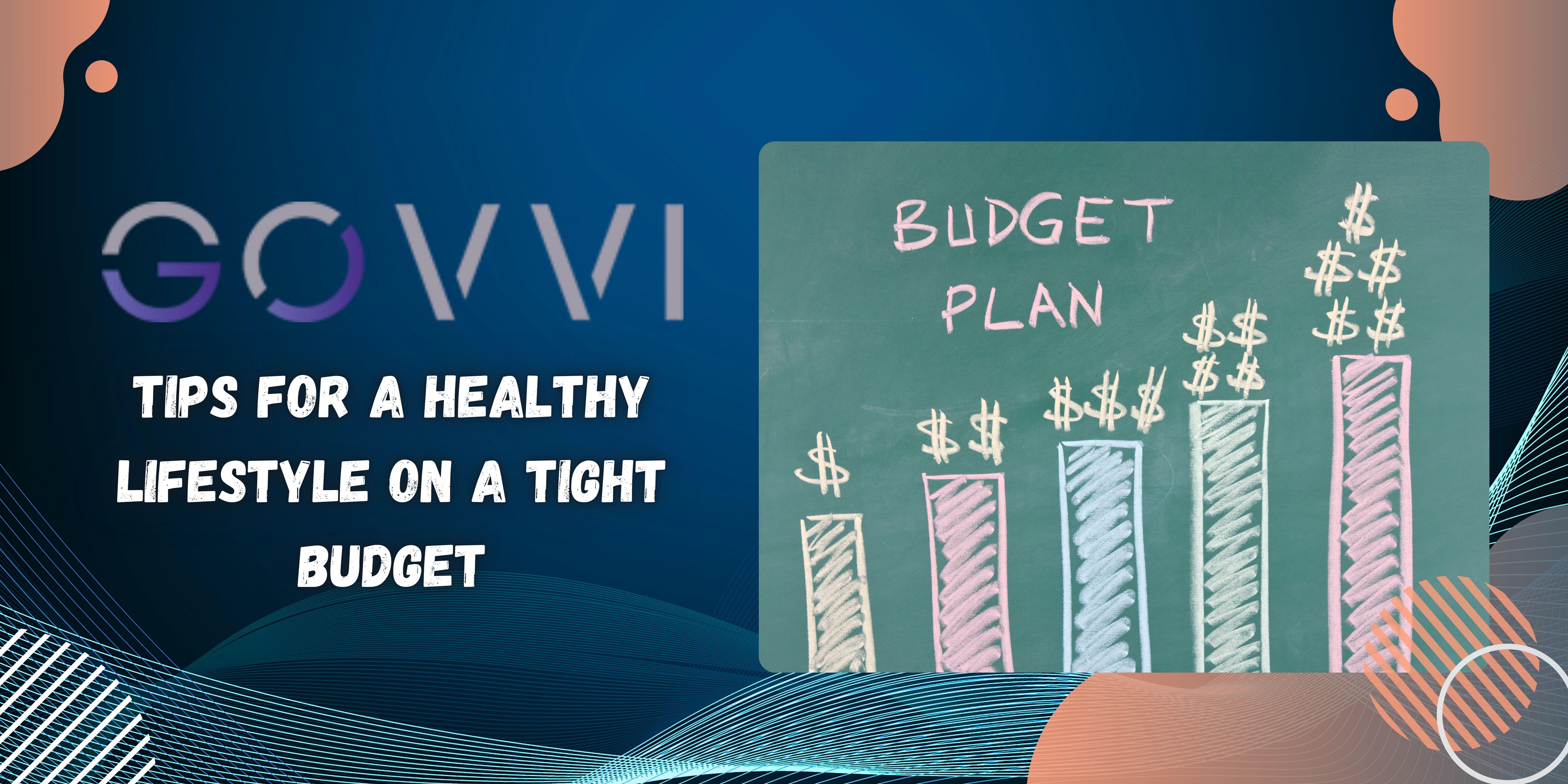
In today's fast-paced world, maintaining a healthy lifestyle can often feel like a luxury reserved for those with ample resources. However, the reality is that prioritizing health doesn't have to break the bank. With the right strategies and mindset, it's possible to live well and stay healthy even on a tight budget. That's where GOVVI comes in – offering valuable insights and tips for individuals who prioritize their health without overspending. With over two decades of experience in promoting health and wellness, GOVVI is dedicated to empowering people from all walks of life to make healthier choices within their means. In this comprehensive guide, we'll explore GOVVI's top recommendations for leading a healthy lifestyle on a budget.
Plan Your Meals
Goovi.com says one of the most effective ways to save money on food while staying healthy is by planning your meals. Create a weekly meal plan based on affordable, nutritious ingredients such as beans, lentils, whole grains, and seasonal vegetables. This not only helps you stick to a budget but also reduces food waste.
Buy in Bulk
Purchasing staple items like rice, oats, and beans in bulk can significantly lower your grocery bill in the long run. Look for bulk bins at your local grocery store or consider joining a wholesale club where you can buy larger quantities at lower prices. Just be sure to store these items properly to maintain freshness.
Cook at Home
Eating out or ordering takeout regularly can quickly drain your finances. Instead, make cooking at home a priority. It is more cost-effective and allows you to control the ingredients in your meals, making them healthier overall. Experiment with simple, homemade recipes to discover delicious and budget-friendly meals.
Embrace Plant-Based Foods
Plant-based foods such as fruits, vegetables, legumes, and whole grains tend to be more affordable than animal products. Incorporating more plant-based meals into your diet not only saves money but also offers numerous health benefits, including reduced risk of chronic diseases like heart disease and diabetes.
Limit Processed Foods
Processed and convenience foods often come with a higher price tag and are typically less nutritious than whole foods. Minimize your consumption of pre-packaged snacks, sugary drinks, and frozen meals, as they can contribute to poor health and increased spending. Instead, opt for whole, unprocessed foods whenever possible.
Grow Your Own Produce
If you have space available, consider starting a small garden to grow your own fruits, vegetables, and herbs. Not only is gardening a rewarding and therapeutic activity, but it also allows you to harvest fresh, organic produce at a fraction of the cost of store-bought equivalents. Even if you don't have a garden, you can grow herbs and small vegetables indoors or on a balcony.
Compare Prices and Shop Smart
Before making a purchase, take the time to compare prices at different stores or online retailers. Look for sales, discounts, and coupons to maximize savings on essential items. Additionally, consider opting for store brands or generic alternatives, which are often more budget-friendly without sacrificing quality.
Practice Portion Control
Overeating not only strains your budget but also negatively impacts your health. Be mindful of portion sizes and avoid serving more food than you need. By practicing portion control, you can reduce food waste and stretch your grocery budget further while maintaining a healthy weight.
Stay Hydrated with Water
Skip the expensive sugary drinks and opt for water instead. Not only is water essential for overall health, but it's also incredibly budget-friendly. Invest in a reusable water bottle and fill it up throughout the day to stay hydrated without spending extra money on beverages.
Prioritize Physical Activity
Leading a healthy lifestyle goes beyond just eating well—it also involves regular physical activity. Fortunately, exercise doesn't have to cost a lot of money. Look for free or low-cost activities such as walking, jogging, cycling, or bodyweight exercises that you can do at home or in your community. Many local parks and community centers offer free or affordable fitness classes as well.
In conclusion, maintaining a healthy lifestyle on a tight budget is entirely feasible with the right approach. By prioritizing nutritious foods, cooking at home, and making smart choices with your finances, you can achieve optimal health without overspending. Remember, small changes can lead to significant improvements in both your health and your bank account. With determination and creativity, you can enjoy a fulfilling and healthy lifestyle without breaking the bank.
 Never miss a story from us, get weekly updates in your inbox.
Never miss a story from us, get weekly updates in your inbox.